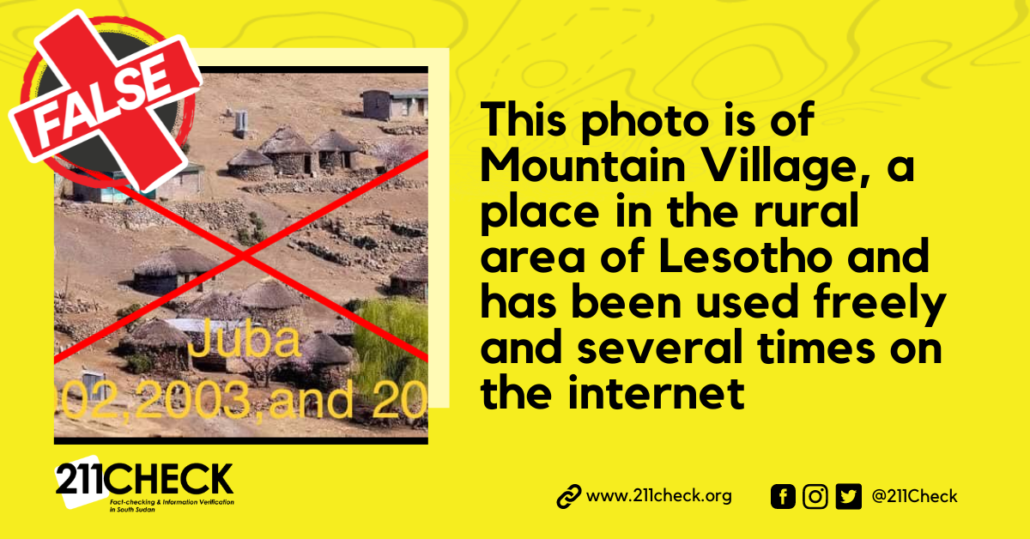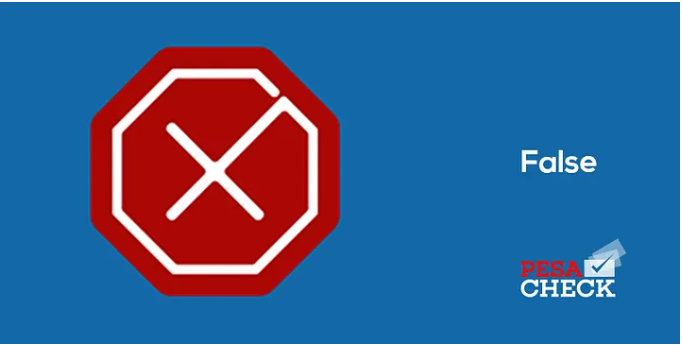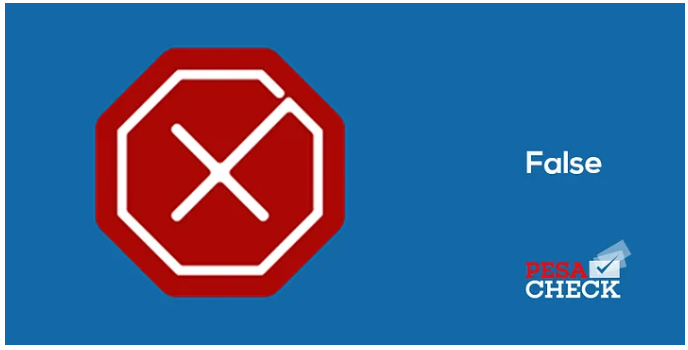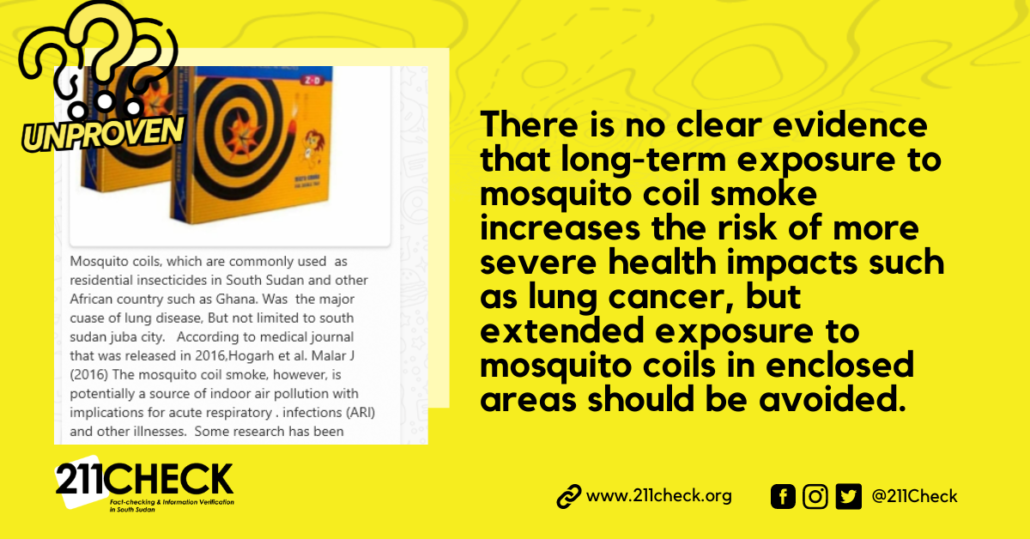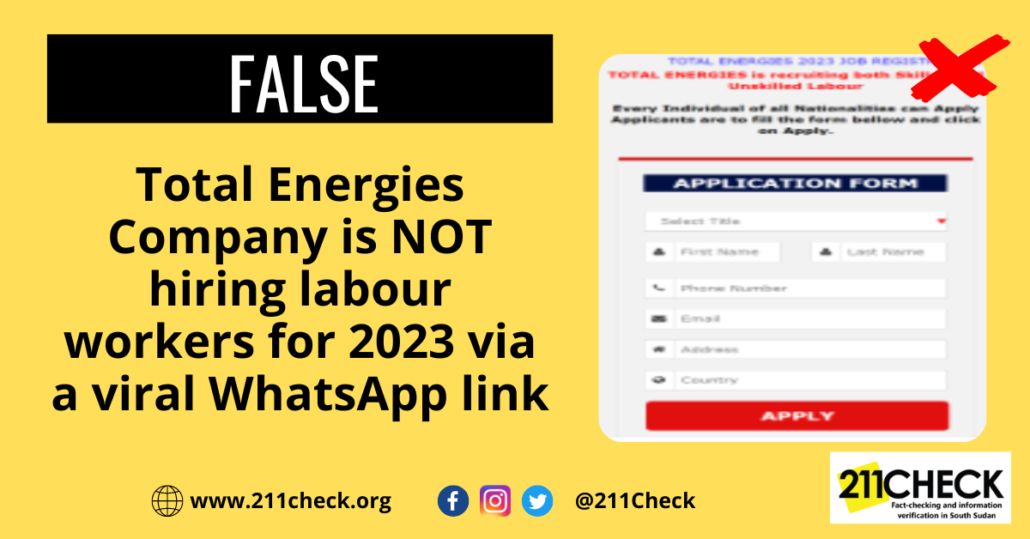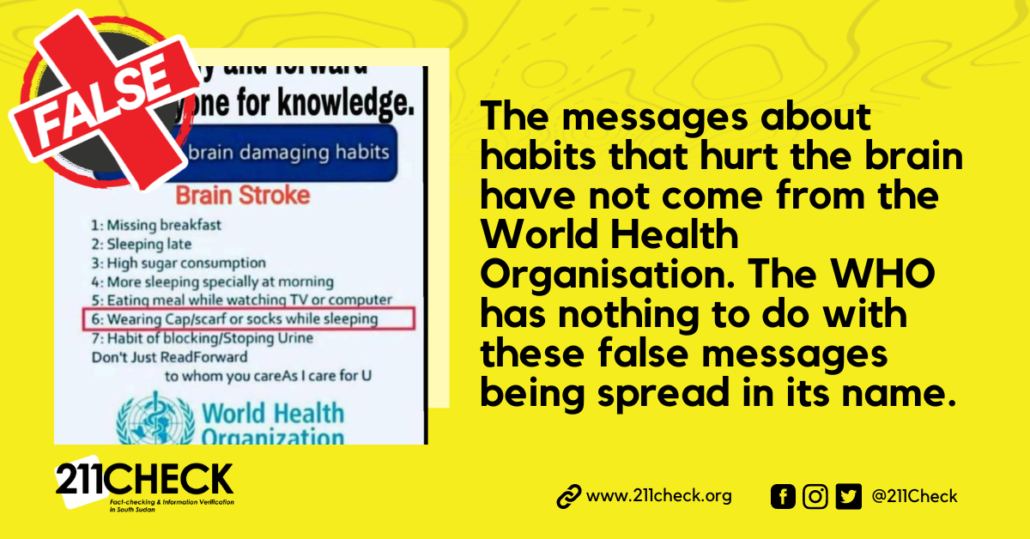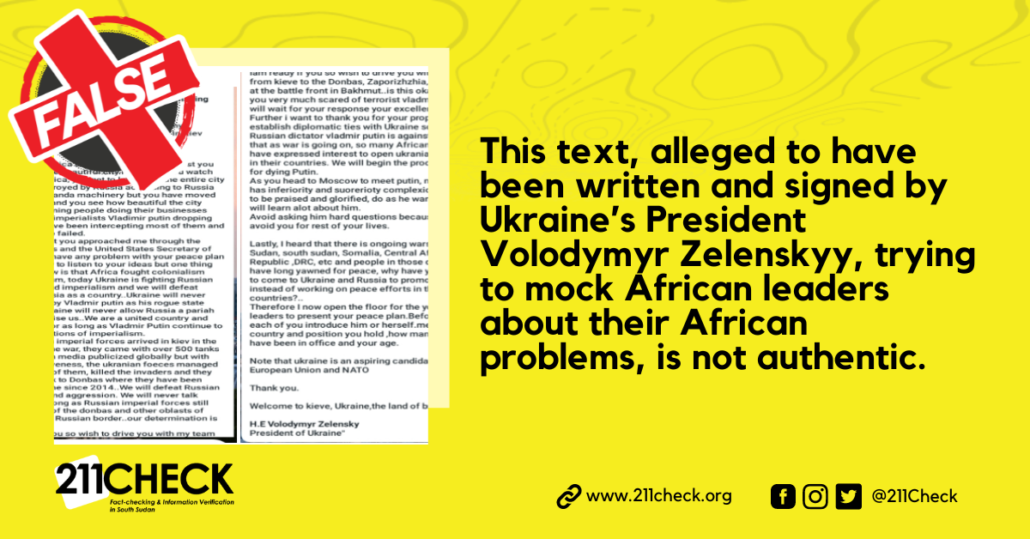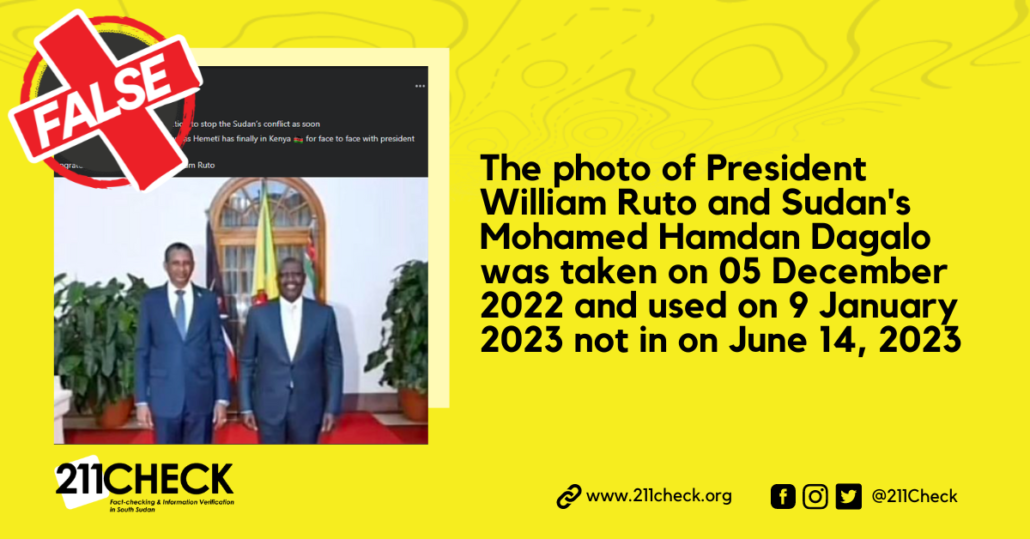Fact-check: Was this how Juba looked in 2002, 2003, and 2004?
No, the photo shows a place in rural Lesotho.
Writer: Ochaya Jackson
A Facebook post by Christian Kur Dengdit falsely shared a photo of a place in Lesotho, claiming it shows Juba’s landscape in 2002, 2003, and 2004.
The photo is one of four meant to show the gradual changes in Juba’s appearance and compares it to another photo of Juba in recent years.
“Changes never just happen now and then, it takes time to work out….see Juba and UoJ [University of Juba] in previous yrs and currently, and otherwise we’re very proud now and happy on our land (sic),” reads part of the text accompanying the photos.
The claim by Dengdit also featured pictures of the University of Juba tower dating back to 2008, 2009 and the university’s current modernised building.
The post’s author also tagged the University of Juba Vice Chancellor, Professor John Akec and 16 other Facebook users.
Prof. Akec then re-shared the post on his timeline, terming it an “interesting reflection” while charging that “change is not automatic.”
“Interesting reflection… Change takes time. It doesn’t happen overnight. Change is not automatic, either. Most of the development is private-sector funded. Few buildings are public, I think,” wrote Prof. John as he shared the claim, which attracted hundreds of reactions.
The photo has also been shared on Facebook in the past, where the author claimed it was Juba in 2004 before the signing of the Comprehensive Peace Agreement (CPA).
Investigation
However, 211 Check investigated and traced the origin of the photo using Google Lens, and it appeared that it is a place in rural Lesotho, a country in Southern Africa. The image was also featured in an article by PV Magazine, which published a story in 2019 about a solar project in Lesotho.
Pxhere describes the image as a high-resolution picture taken from Lesotho and is free to download.
“The free high-resolution photo of landscape, town, village, ruins, Bergdorf, slum, wadi, Karg, ancient history, Lesotho, rondavels, human settlement taken with an unknown camera 02/13 2017 The picture taken with The image is released free of copyrights under Creative Commons CC0. You may download, modify, distribute, and use them royalty free for anything you like, even in commercial applications. Attribution is not required.”
Other sources that used the image are African News, Pixabay and Apolitical, which ran a story on the state of the health sector in Lesotho which featured the same photo.
Conclusion:
211 Check has found that the picture claimed to show Juba’s landscape in 2002, 2003, and 2004 is false and misinforms the public. The photo is of a place in the rural area of Lesotho and has been used freely and several times on the internet.
This fact check was published by 211 Check with support from Code for Africa’s PesaCheck and African Fact-Checking Alliance.
To ensure accuracy and transparency, we at 211 Check welcome corrections from our readers. If you spot an error in this article, please request a correction using this form. Our team will review your request and make the necessary corrections immediately, if any.
It is crucial to fight against misinformation and disinformation in mainstream and alternative media by avoiding becoming a victim of fake news. To prevent the spread of false information, you must refrain from sharing content you are unsure about or unaware of its origin. Disinformation and misinformation can be incredibly dangerous because they can mislead people and cause harm. For instance, false information on health matters can lead to wrong decisions that can put people’s lives at risk. Therefore, it’s vital to fact-check information before sharing it to promote accurate and reliable information. Visit https://211check.org/ for more details on our fact-checking process, or send us a WhatsApp message at +211 917 298 255 if you want to present a claim. Our team will promptly respond to your request because we believe #FactsMatter.

